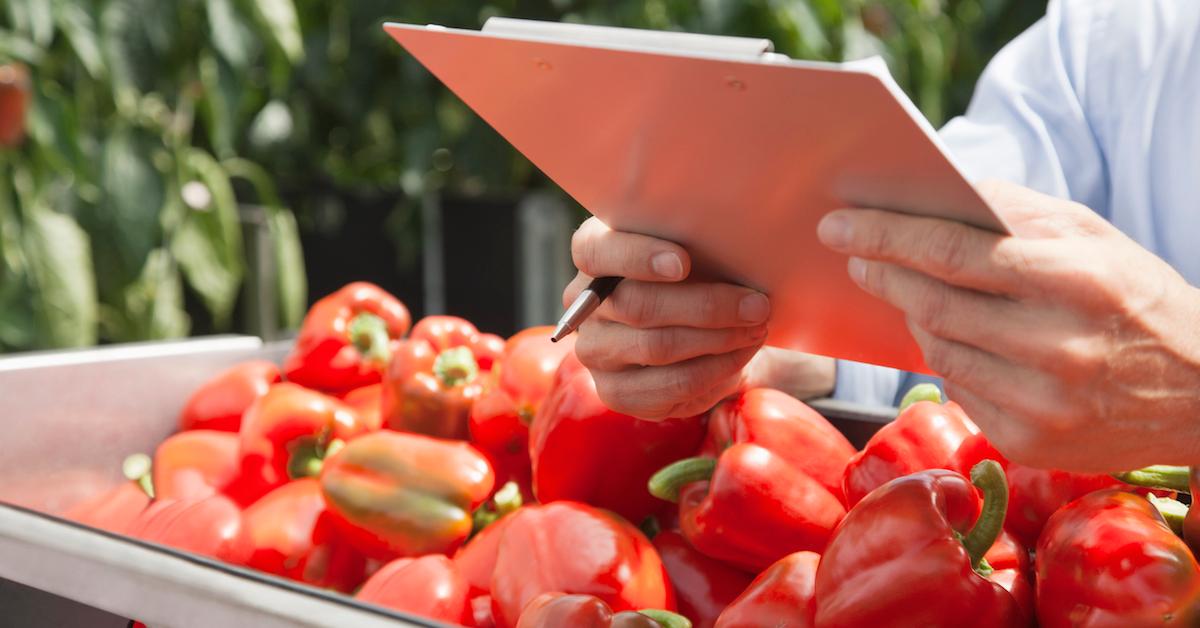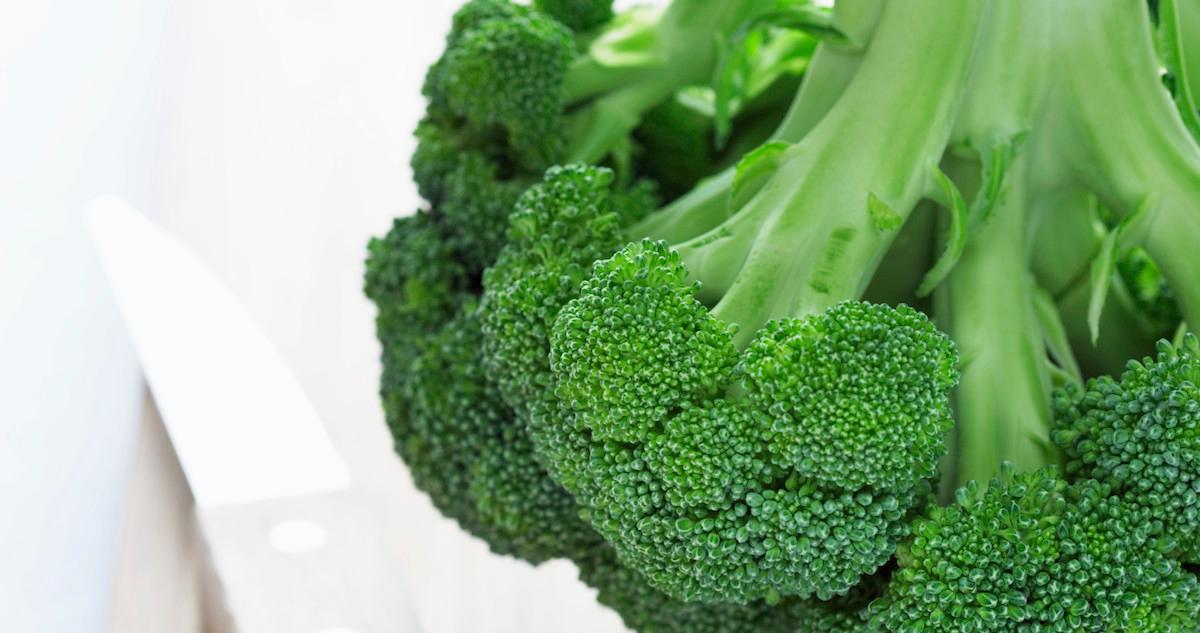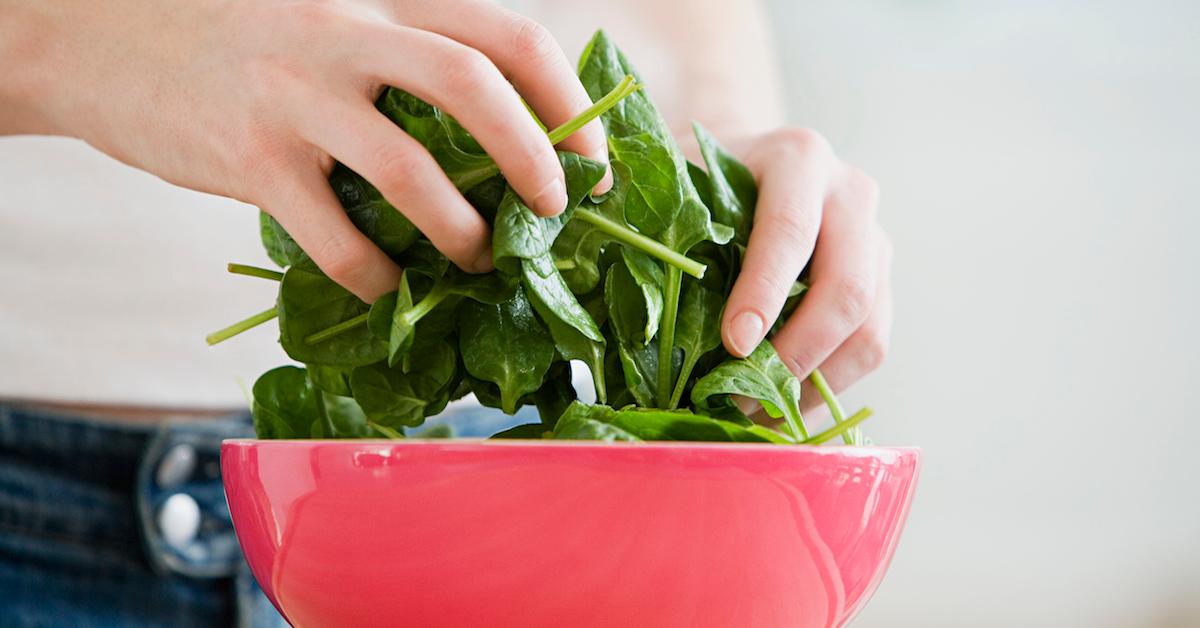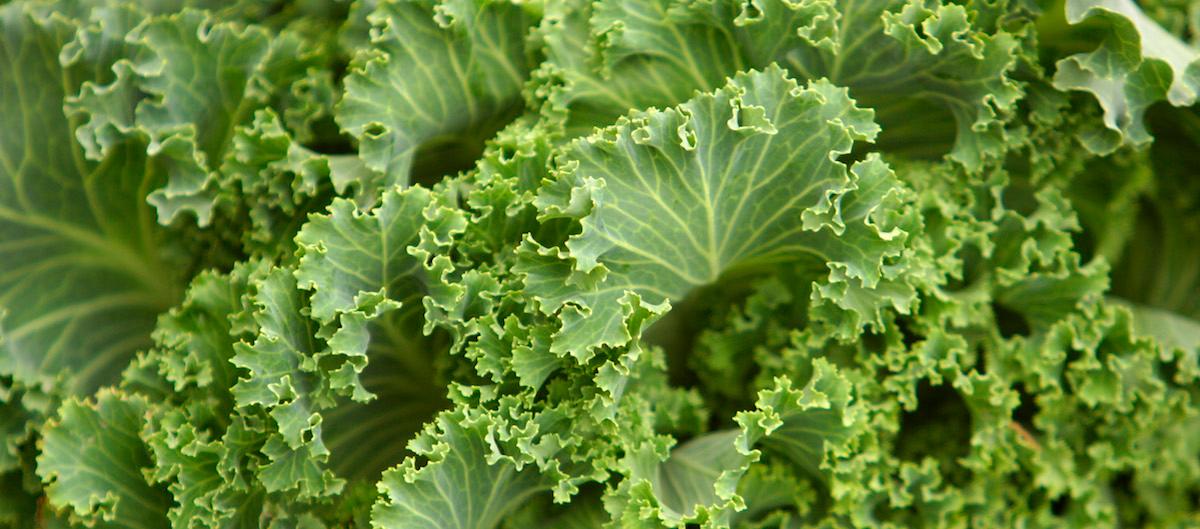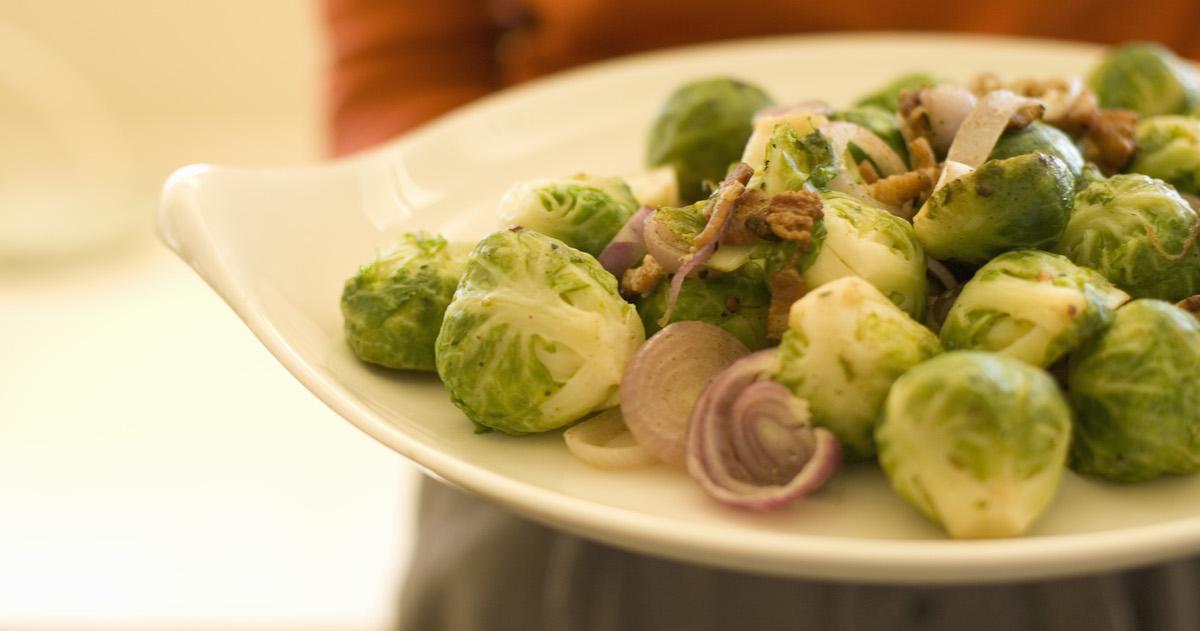Vegetables aren’t dangerous on their own — it’s our intervention during the growing process that makes them so.
Mar. 18 2021, Published 2:49 p.m. ET
When one thinks about vegetables, one usually doesn’t think of the word dangerous. From a young age, we’re told that vegetables are good for us, that they make up the largest section of the fabled food pyramid, and that we need to eat them if we’re going to grow up big and strong. However, some people wonder what, if any, are the most dangerous vegetables.
Off the bat, no vegetables are dangerous because of their nutritional content, but because of our own shortsighted farming processes.
Article continues below advertisem*nt
What is the most dangerous vegetable?
Every year, the Environmental Working Group releases a list of the 12 fruits and vegetables that contain the highest pesticide residues when purchased conventionally, known as the Dirty Dozen. For the past several years, strawberries have been at the top of the list, and in 2021, spinach comes in second. This is the definition of irony, because spinach also happens to be one of the healthiest vegetables in the world.
Article continues below advertisem*nt
Why are these vegetables considered dangerous?
Green Matters recently interviewed EWG toxicologists Thomas Galligan and Alexis Temkin about the specific dangers posed by the Dirty Dozen. They explained that high pesticide exposure has been related to a wide range of harmful health effects, including cancer and hormone disruption. These pesticides could also potentially damage a child’s developing brain and nervous system.
Article continues below advertisem*nt
These vegetables are also dangerous because of their sheer availability. Strawberries, tomatoes, spinach, and kale are abundant crops, and most people don’t even realize they may be contaminated with pesticides. According to Time, FDA pesticide residue testing revealed that more than 92 percent of conventionally-grown kale samples contained at least two different forms of pesticides.
That said, both Galligan and the EWG maintain that everyone should "eat lots and lots of fresh fruits and vegetables, regardless of whether they’re conventional or organic, because fruits and vegetables are a really critical part of a healthy diet, and eating fruits and vegetables outweighs the risks of consuming pesticides."
Article continues below advertisem*nt
What vegetables should you never eat?
If you want to avoid too much pesticide exposure, you can shop for organic versions of the vegetables on the Dirty Dozen. You can also shop for versions grown locally, domestically, or organically in your own backyard. However, there are some vegetables out there that some experts recommend staying away from if possible, and those vegetables usually come from a can.
Article continues below advertisem*nt
According to Delish, many canned vegetables are high in salt, contain so-called “flavor enhancers" that are known to cause stomach pains or make digestion difficult, are full of additives and, in some cases, additional sugars.This is not always the case, but if you do shop for canned veggies, consider checking labels to find canned veggies that do not contain salt or any other additives, to keep things as healthy as possible.
Article continues below advertisem*nt
What vegetable does Dr. Oz say to throw out?
Dr. Oz is often considered an expert when it comes to nutrition, though the jury is still out on most of what the celebrity doctor has to say. Yet, even he has weighed in on the debate of the most dangerous vegetable. According to Dr. Oz’s website, conventionally-grown potatoes might be guilty of the same pesticidal crimes as spinach and strawberries. While potatoes were on the 2020 Dirty Dozen, they did not make the cut in 2021, meaning their pesticide residue may have generally gone down in the past year.
Potatoes are tubers, which means the part we eat grows below the soil. Potatoes are close enough to the soil's surface, however, that they can easily absorb pesticides and fungicides through their thin skin. As a result, washing or peeling potatoes won’t necessarily remove the pesticide's chemicals.
Article continues below advertisem*nt
What is the No. 1 toxic vegetable?
On their own, no vegetables are entirely toxic (unless you have an allergy, of course). However, there is one vegetable that can be partially poisonous to humans: rhubarb leaves.
Rhubarb leaves contain oxalic acid, a chemical that can cause death if a human consumes between 5.7 and 11.7 pounds of rhubarb leaves, depending on the specific leaves and the individual's weight, according to Healthline. While rhubarb poisoning is rare (since most people wouldn't eat that much at a time), it's probably safest to stick to rhubarb stalks.
Despite the Dirty Dozen and Dr. Oz's warnings about dangerous vegetables, the reality is that produce of any sort is a key part of a healthy, balanced diet. It's also not always possible for everyone to avoid eating conventionally-grown produce. Not everyone has access to organic produce or a backyard garden where they can grow their own. In the end, experts agree it is better to eat fruits and vegetables whether or not they are organic, rather than avoid them entirely out of fear.
I'm an avid enthusiast in the field of nutrition, particularly focusing on the impact of farming processes on the safety and nutritional content of our food. My expertise stems from extensive research, continuous learning, and a deep understanding of the nuances within the realm of agriculture, pesticides, and their effects on vegetables.
In the article you provided, the author delves into the perceived dangers of vegetables, shedding light on a crucial aspect often overlooked in our daily diets – the impact of pesticides. Here's a breakdown of the key concepts discussed in the article:
-
Dirty Dozen:
- Refers to the annual list released by the Environmental Working Group (EWG) that identifies the 12 fruits and vegetables with the highest pesticide residues when conventionally grown.
- In 2021, strawberries topped the list, and spinach was second, highlighting the irony that a highly nutritious vegetable can also be among the most pesticide-contaminated.
-
Pesticide Exposure and Health Effects:
- High pesticide exposure is linked to various harmful health effects, including cancer and hormone disruption.
- Particularly concerning is the potential damage to a child's developing brain and nervous system due to pesticide exposure.
-
Vegetable Availability and Contamination:
- Abundant crops like strawberries, tomatoes, spinach, and kale may be contaminated with pesticides.
- FDA pesticide residue testing revealed that a significant percentage of conventionally-grown kale samples contained multiple forms of pesticides.
-
Organic vs. Conventional Farming:
- The article emphasizes the importance of consuming fresh fruits and vegetables, regardless of whether they are conventionally or organically grown.
- The recommendation is to opt for organic versions of the vegetables on the Dirty Dozen to reduce pesticide exposure.
-
Canned Vegetables and Additives:
- Canned vegetables, often high in salt and additives, may pose health risks.
- Some experts advise avoiding canned vegetables or choosing those without salt and additives for a healthier option.
-
Dr. Oz's Perspective:
- Dr. Oz, a reputed figure in nutrition, suggests that conventionally-grown potatoes may have pesticide residues similar to those in spinach and strawberries.
- Potatoes, while not on the 2021 Dirty Dozen, are mentioned for their potential to absorb pesticides through their thin skin.
-
Toxicity of Rhubarb Leaves:
- Rhubarb leaves contain oxalic acid, a chemical that can be poisonous if consumed in large quantities.
- While rhubarb poisoning is rare, it is advisable to stick to consuming the stalks rather than the leaves.
-
Balanced Perspective:
- Despite concerns about pesticide residues and potential dangers, experts stress the importance of including fruits and vegetables in a balanced diet.
- Acknowledges that not everyone has access to organic produce or the means to grow their own, emphasizing the overall health benefits of consuming fruits and vegetables.
In summary, the article provides valuable insights into the potential risks associated with pesticide-contaminated vegetables, encouraging consumers to make informed choices for a healthier diet.
